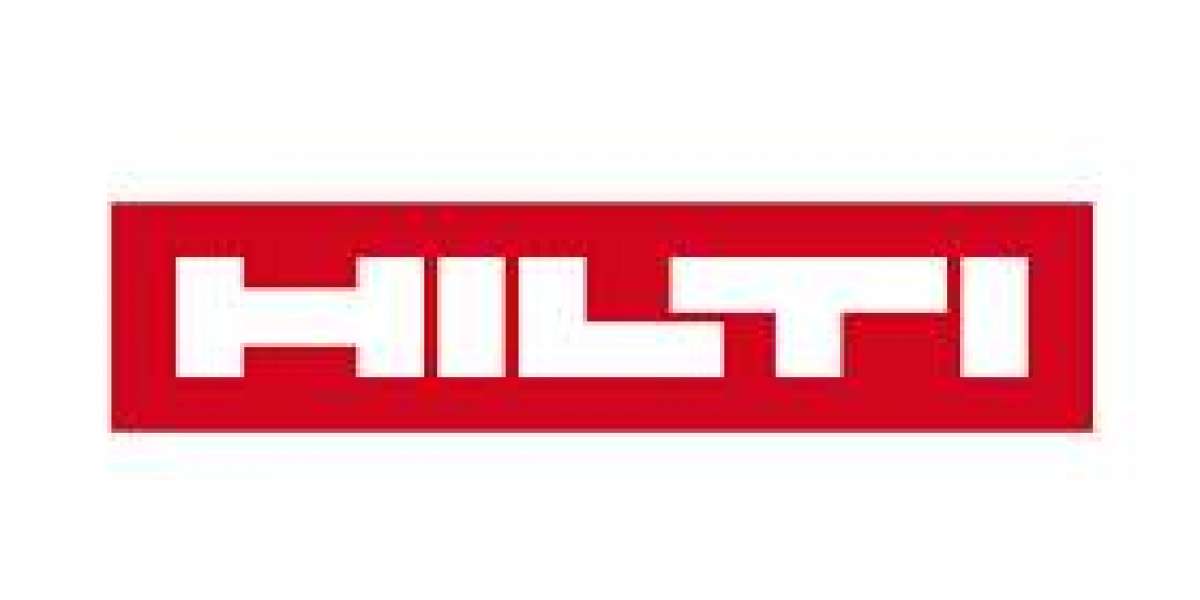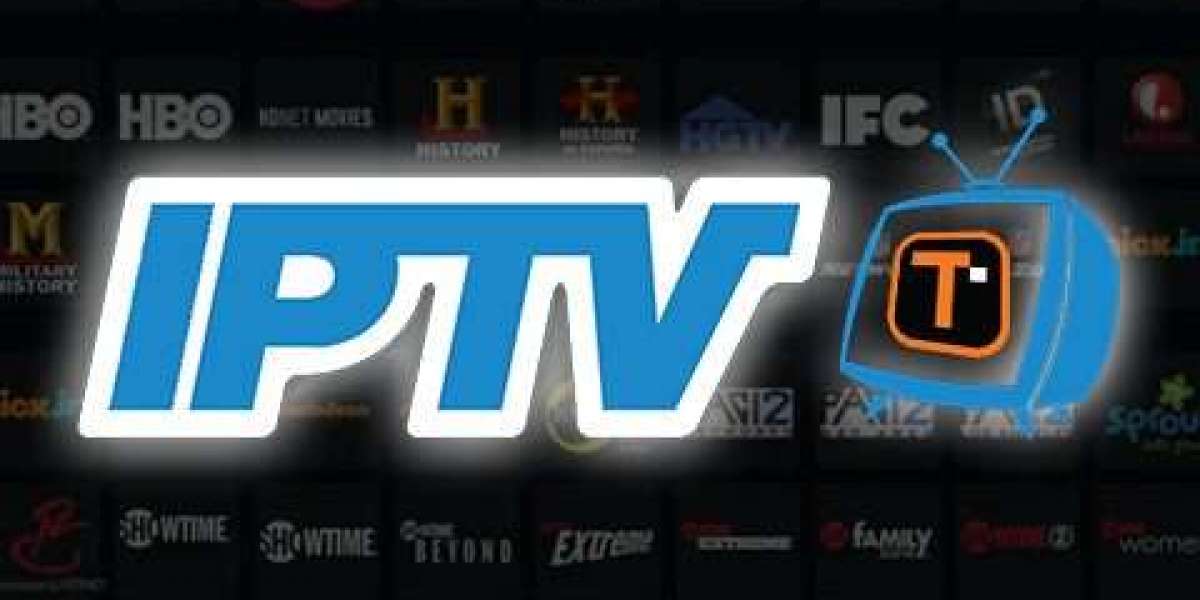Hilti Corporation, a global leader in providing innovative tools, technologies, and services for the construction industry, has built a strong reputation for its high-quality products and exceptional customer service. The company specializes in providing power tools, fastening systems, firestop, construction chemicals, and software solutions to professionals in the construction, mining, and energy sectors. However, Hilti operates in a highly competitive market where numerous global players vie for market share. This article explores some of Hilti's key competitors in the construction tools and equipment industry, examining their strengths, market strategies, and challenges.
1. Bosch Power Tools
Overview: Bosch, a German multinational engineering and technology company, is one of the most significant competitors to Hilti in the power tools sector. With a long history dating back to 1886, Bosch Power Tools is known for its extensive product range, which includes power tools, hand tools, and accessories for professional and DIY users.
Competitive Strengths:
- Brand Reputation: Bosch has a well-established reputation for quality, precision, and durability, particularly in the automotive and power tool industries.
- Innovation and Technology: Bosch invests heavily in research and development to produce cutting-edge tools with advanced features such as connectivity, enhanced power, and user-friendly designs.
- Global Reach: Bosch’s vast global presence, spanning over 60 countries, gives it a strong competitive advantage over regional players.
Challenges:
- Diversification: While Bosch has strong market presence in power tools, its diversification into other technology sectors like automotive and industrial equipment can sometimes lead to less focus on the construction tools niche compared to Hilti.
2. Makita Corporation
Overview: Makita, a Japanese multinational corporation, is another major competitor in the global power tools market. Established in 1915, Makita is known for producing reliable and cost-effective tools for both professionals and casual users.
Competitive Strengths:
- Product Range: Makita offers a wide range of power tools for various applications, including drilling, grinding, cutting, and impact driving.
- Battery Technology: The company is a leader in battery-powered tools, offering its unique LXT lithium-ion battery platform that delivers longer runtimes and faster charging.
- Price Positioning: Makita’s products are generally more affordable than Hilti's, making them an attractive choice for budget-conscious customers.
Challenges:
- Brand Perception: While Makita is well-regarded for its reliability and affordability, it sometimes struggles to match Hilti in terms of premium pricing and the high-end professional market, which can impact its share in specialized construction segments.
3. DeWalt (Stanley Black & Decker)
Overview: DeWalt, a subsidiary of Stanley Black & Decker, is an American brand that has built a strong reputation in the construction and woodworking industries. Known for producing high-performance tools for professionals, DeWalt is one of Hilti’s fiercest competitors, especially in the North American market.
Competitive Strengths:
- Innovative Features: DeWalt is known for incorporating cutting-edge technologies, such as brushless motors, improved ergonomic designs, and efficient battery systems.
- Battery Solutions: DeWalt’s FlexVolt battery platform offers a unique advantage in terms of versatility and longer runtime, competing directly with Hilti’s cordless solutions.
- Comprehensive Product Line: With tools for various industries, including woodworking, general construction, and heavy-duty applications, DeWalt caters to a wide range of professional needs.
Challenges:
- Pricing Strategy: DeWalt is often seen as slightly more affordable compared to Hilti, but this can also impact its perception as a premium brand. While competitive in price, DeWalt still has some ground to cover in competing with Hilti’s premium offerings in specialized sectors like firestopping and anchoring systems.
4. Stanley Infrastructure
Overview: Stanley Infrastructure, a division of Stanley Black & Decker, offers a variety of industrial and construction tools, equipment, and hardware. It is a direct competitor to Hilti in areas such as fastening systems, hand tools, and heavy-duty construction equipment.
Competitive Strengths:
- Diverse Solutions: Stanley Infrastructure covers a wide spectrum of industries, including construction, utilities, and infrastructure, offering everything from hand tools to more complex construction machinery.
- Reputation for Durability: Stanley products are known for their reliability and rugged performance in demanding environments, making them a preferred choice for heavy-duty applications.
- Partnerships and Acquisitions: The company has strengthened its competitive position through strategic acquisitions, such as the purchase of the tool and equipment company Mac Tools.
Challenges:
- Brand Differentiation: While Stanley Infrastructure has a strong portfolio of products, it often competes in overlapping markets with other Stanley Black & Decker brands, which may dilute its impact in the professional construction tool market.
5. Hitachi Koki (Now Known as Metabo HPT)
Overview: Hitachi Koki, now rebranded as Metabo HPT, is a Japanese brand recognized for its high-quality, durable power tools, which are popular in the construction and manufacturing industries. With a legacy dating back to 1948, the company has a strong foothold in markets across the world.
Competitive Strengths:
- Precision Engineering: Metabo HPT’s products are renowned for their precision and durability, particularly in applications requiring high-torque and high-speed performance.
- Affordability: Metabo HPT’s tools are often priced lower than Hilti’s, which makes them an attractive option for smaller contractors or DIY users.
- Cordless Technology: The company has invested heavily in cordless technology, offering powerful tools with advanced battery systems.
Challenges:
- Market Positioning: Despite its strong product quality, Metabo HPT struggles to compete with Hilti in the premium segment of the construction industry, where Hilti’s comprehensive customer support and system solutions are highly valued.
6. RIDGID (Emerson Electric)
Overview: RIDGID, a subsidiary of Emerson Electric, is known for producing a wide range of industrial tools, including hand tools, power tools, and machinery. RIDGID’s products are typically used in plumbing, HVAC, and electrical work but also extend into general construction.
Competitive Strengths:
- Niche Market Focus: RIDGID’s strong position in the plumbing and HVAC industries provides a solid customer base, allowing the company to compete effectively in these niches.
- Durability and Reliability: RIDGID is well-regarded for its robust tools designed for heavy-duty work in the most challenging environments.
- Lifetime Warranty: RIDGID’s commitment to quality is reinforced by its lifetime warranty on many tools, which adds significant value to customers.
Challenges:
- Limited Global Reach: RIDGID’s primary focus on North America can limit its ability to compete globally on the same scale as Hilti, which has a larger international footprint.
Conclusion
The global construction tools market is highly competitive, with several players vying for market share in different sectors. Hilti’s main competitors—Bosch, Makita, DeWalt, Stanley Infrastructure, Metabo HPT, and RIDGID—each have distinct advantages, whether in terms of product range, pricing, technological innovation, or brand recognition. However, Hilti continues to differentiate itself with its premium offerings, comprehensive services, and strong presence in specialized markets like firestopping, anchoring, and fastening solutions. To maintain its leadership position, Hilti will need to keep innovating and delivering value to its customers, particularly in emerging markets and evolving construction sectors where technology and performance are paramount.








